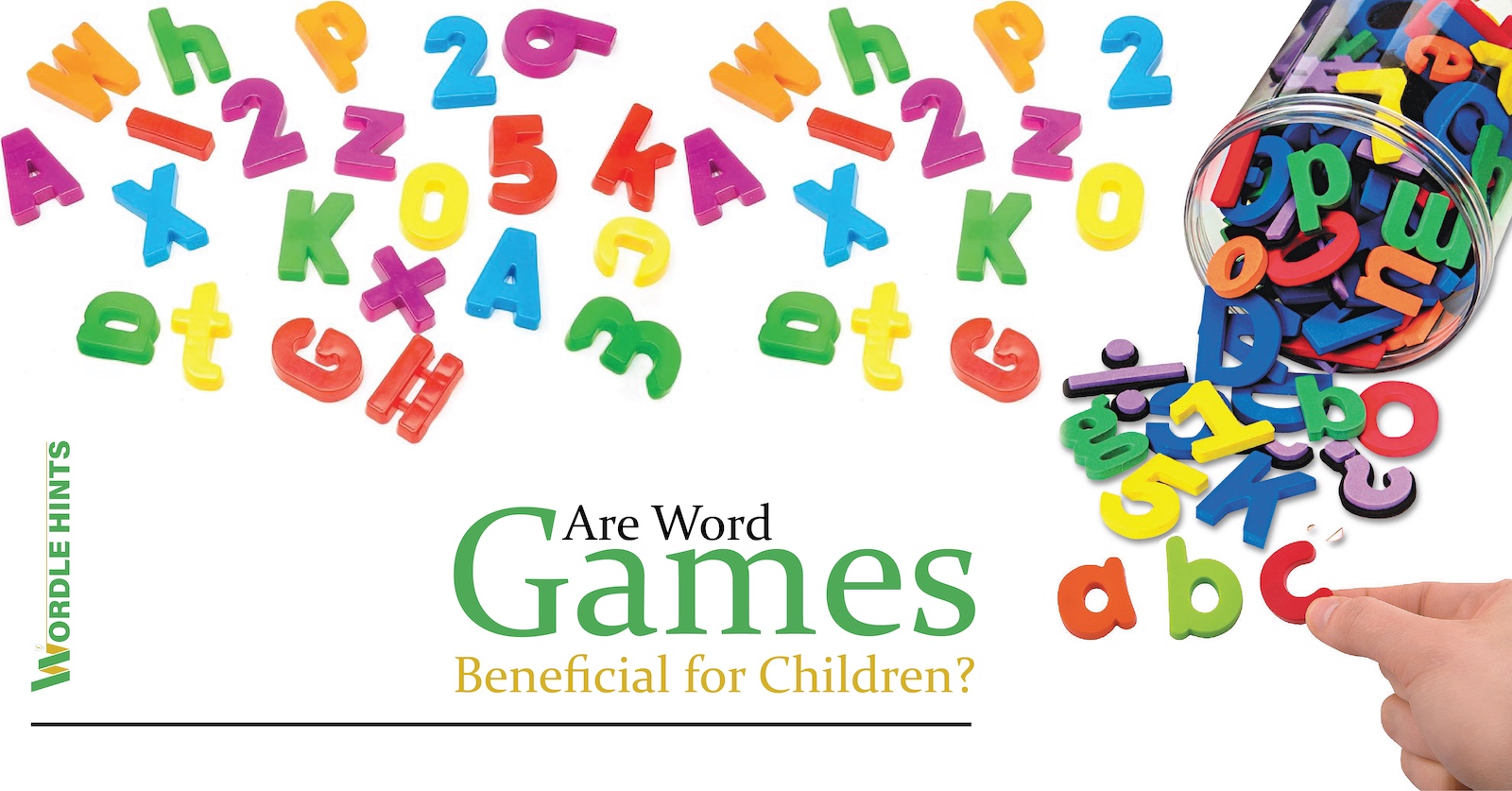Word games help children to build vocabulary and improve their focus. They boost memory through repetitive tasks and logic-based thinking. Research shows that word games increase phonics, attention, and reasoning skills in children. Consistently playing word games develops cognitive ability, especially in early learners (up to 8 years of age).
How Do Word Games Help Children Learn?
Word games involve children in spelling activities, pattern recognition exercises, and verbal recall. These acts build language skills and promote logical thinking through enhanced working memory. Children use trial-and-error learning, they decode letters, and practice to spell accurately. A 2020 study in Applied Cognitive Psychology found that puzzle games improve language-based reasoning. Progress tends to be faster when practice is regular and enjoyable.
What Literacy Skills Improve Through Word Games?
Children’s vocabulary, phonics, and reading fluency all benefit by playing word games. These games strengthen decoding (the understanding of sound to letter links) and word structure awareness. Phonics-based activities significantly improve both comprehension and fluency according to the National Reading Panel (2000).
Related: Vocabulary Benefits of Word Games.
Games like Wordle and Spellie support orthographic mapping (the mental process readers use to store written words in long-term memory so they can be recognized later). It helps children link spelling patterns to word meanings. Since encoding and decoding skills are required to achieve fluency in reading, feedback from each guess adds to that skills.
Related Link: Wordle Help through Hints.
Do Word Games Improve Memory and Attention in Kids?
Yes. Word games challenge children in tracking letter patterns for better recalling of words, and to keep paying attention. A 2019 study from the University of Cambridge found that word-based cognitive tasks improved working memory and task persistence in children aged 6 to 12. These activities stimulate several areas of the brain which are related to memory and decision-making.
For example, games like Boggle and Hangman require children to hold clues of word forms in mind. This repetition makes strong neural connections and therefore improves their retention. Some researchers question the long-term academic impact of game-based learning. But, consistent use of word games has been linked to better attention and memory.
Are Word Games Good for Brain Development?
Yes. Word games support both language development and cognitive growth. Behavioral research shows that these games strengthen skills such as planning, sequence making, and identifying patterns. However, direct brain imaging studies are quite limited. These skills are main components of literacy in kids. Word games keep children stay motivated while building essential learning foundations in a fun way.
Are Word Games Good for Brain Development in Children?
Yes, word games support brain development in children. They encourage children to focus and solve problems. It helps to build language and thinking skills.
Though there aren’t many brain scans yet that show exactly how word games affect the brain. But, studies have found that word games strengthen important skills like memory, attention, and planning. These are all important parts of learning and reading.
For example, when kids play Wordle, they search for words, remember how to spell them. They try to decide which ones fit best. This activity helps their brains grow stronger.
Because word games are fun and feel like play, children stay motivated and often practice longer without feeling pressured. Kids get better at memorizing their readings and clear thinking over time.
Which Word Games Work Best for Children?
Games that include repetition and feedback are the most effective. Examples include:
- Wordle and Spellie – Focused on spelling and deduction logic.
- Boggle – Builds fast pattern recognition and vocabulary access.
- Hangman – Strengthens letter-sound awareness and word prediction.
- Wordscapes – Creative word formation and problem-solving.
A 2022 study in Vietnamese schools found that children who use word games showed significant vocabulary gains. This gives teachers a fun tool (word games) to teach children.
Summary
- Word games help children build core reading and language skills.
- Vocabulary, spelling, and phonics improve through consistently playing word games.
- Word games help children concentrate and stay motivated in an enjoyable manner.
- Daily sessions of 10 to 15 minutes show long-term benefits.
- Wordle, Hangman, and Boggle are among the most effective.
FAQ
Yes, they strengthen reading, spelling, and memory skills through repetition and engagement.
They improve mostly logic and sustained attention.
Daily sessions of 10 to 15 minutes are good.
Yes, the repeated exposure to new words helps children absorb vocabulary naturally.
Spellie, Hangman, and Wordle are best for early learners.

